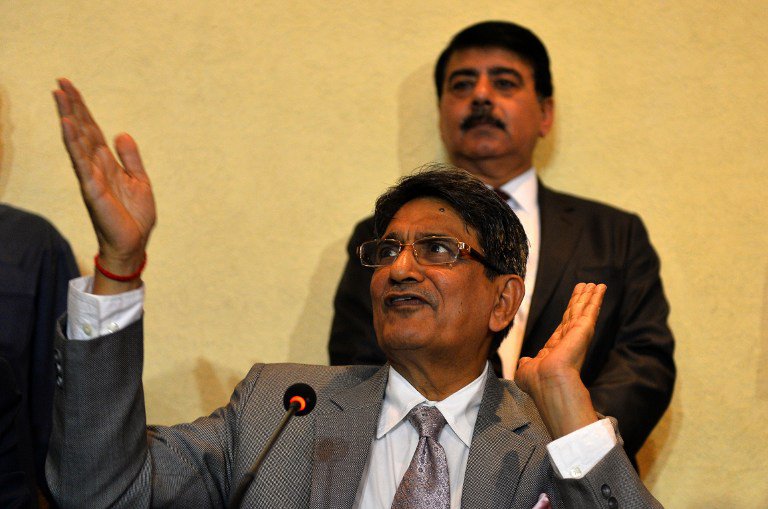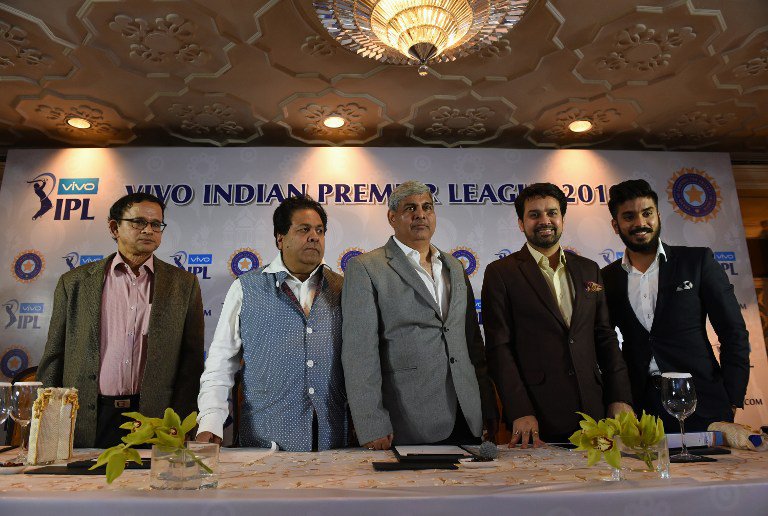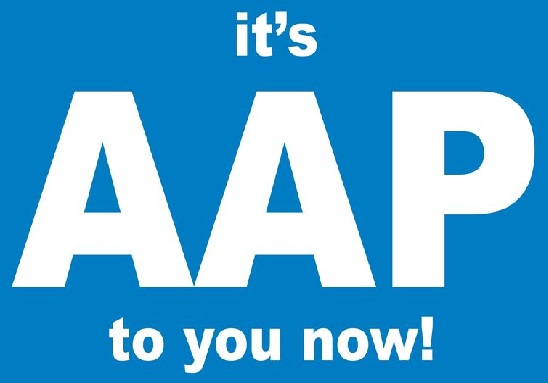What Are Exoplanets And How NASA Detects Life Beyond Our Solar System
Bharti Airtel Set To Acquire Telenor India Within This Year
Google Celebrates NASA’s Discovery Of Seven Earth-Like Planets With An Animated Doodle
Some Home Remedies That Might Sound Bizarre But Actually Work Like A Charm
Akshay Kumar Feels He Has Made Enough Money, Now Wants To Focus On Content & Characters
Delhi ATM Dispenses Fake Rs 2000 Notes From ‘Childrens Bank of India’ With ‘Churan Lable’
Adolf Hitler’s Personal Telephone During World War II Is Up For Auction In The US
From Salman Khan To Rekha, Neil Nitin Mukesh’s Wedding Reception Was Quite A Starry Affair
Fewer Ads In Cricket? Here’s How It Affects the BCCI, The Fan And The Sport
The Lodha Panel wants the BCCI (Board of Control for Cricket in India) to reduce the number to advertisements in cricket drastically. They want the board to follow what is quite common during telecast in other countries -- restrict ad slots to lunch, drinks and tea breaks, rather than between every over. The Panel also wants more screen-space dedicated to the sport, barring a small sponsor logo. Why do they want it? Here's why: "Commerce has also overtaken the enjoyment of the sport, with advertisements continuing many a time, even after the first ball and again commencing even before the last ball of the over is played, thereby interrupting the full and proper broadcast of the game. Regardless of the wicket that has fallen, century having been hit or other momentous event, full liberty is granted to maximise the broadcaster's income by cutting away to a commercial, thereby robbing sport of its most attractive attribute - emotion." This will hit the BCCI's revenues hard. According to an Economic Times report, they'll be slashed to a third -- believed to go down to around Rs 400 crore from Rs 1600 crore. All the parties involved: the BCCI, the Lodha Panel who has been given the prime role in suggesting how cricket should be run, and last but not the least the fan, will be affected directly. How does it affect the fan? The fan is the one who pays. The customer, the noise-maker, the spectator, the target audience, the one who burns effigies and throws eggs at cricketers' homes and the one who runs on the road with the Indian flag after World Cup glory. Almost 99 percent of these people watch the sport on television. For the fan, the television experience will become way better than what it is now. For example, you will get to see a replay immediately after a wicket on the last ball of an over, rather than Cycle Agarbatti ads or comedian Kapil asking you to buy a tikau tyre. There will be continuity to a sport which suffers from the complaint of being too stop-start. Commentators will have time to analyse every over's action comprehensively as sides are changed. You'll be able to see a player's body language, discussions, huddles, field changes and the little things that make sport more personal. You'll be on the field, all the time, through the tele, and hope to catch that little instruction off the stump camera. But then again, the fan will have to make up for the loss of BCCI revenue from his pocket. Less ads means more subscription fees.
How does it affect the BCCI?
They'll be the biggest losers if the suggestion is implemented. The late Mansoor Ali Khan Pataudi once said, "If the International Cricket Council in the voice of cricket, the BCCI is the invoice of cricket."
And he was right. India accounts for upto 80 percent of the game's revenue. You take that out of the picture, the game becomes poorer as well.
The BCCI will face huge losses if advertisements are not shown after every over. No country in the world shows so many ads during a cricket match. But then, no country's cricket board makes so much money. The BCCI divides this money among state associations and uses it to develop junior cricket and pay every player's salary and former players' pension.
That will be the BCCI's biggest argument against employing this suggestion: that the steady stream of players climbing up the rungs and into the national team will hampered.
While there's no doubt that these developmental activities will be hurt (as per their books, the BCCI spends around Rs 750 crore on subsidies to state associations, Rs 400-450 crore approx on match-fees and allowances of players right from U-16 to the senior teams) but then again, the BCCI doesn't keep a check on all these.
Another Rs 350 crore (approx) is spent to conduct around 2000 BCCI matches from U-16, U-19, U-22 to Ranji Trophy across the country.
How does it affect Indian cricket's standing?
The sheer control the BCCI leverages on other boards is through its power to demand around Rs 40 crore per match from broadcasters. This Lodha panel's recommendation will weaken them and rob them of a bargaining chip. The BCCI won't be able to bully other teams and call the shots in the ICC either.
For the panel, what matters is the maintaining the purity of cricket and helping the fan regain his trust in the sport. For BCCI, the money is just as important and perhaps vital. Let's be clear, this is going to hurt.






